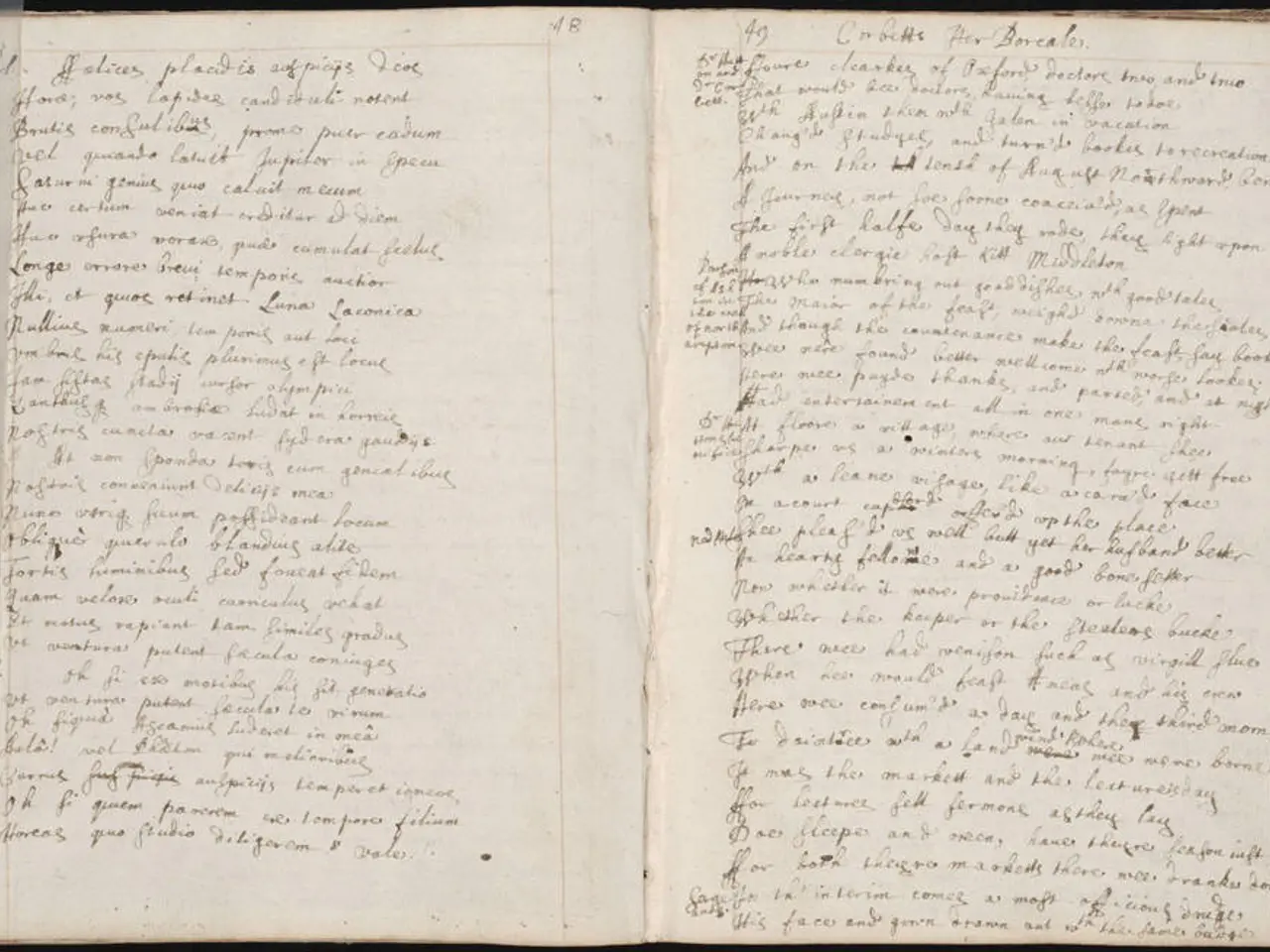Forecasted reduction of Turkey's inflation rate to drop below 30% as per ING's prediction by the end of 2025
Turkey's Inflation Continues Downward Trend
As of July 2025, Turkey's annual inflation rate has declined to 33.5%, the lowest level in nearly four years, down from 35.05% in June and significantly lower than its peak of 75% in May 2024[1][3][4][5]. This significant drop in inflation is a result of concerted efforts by the government and the Central Bank of the Republic of Türkiye (CBRT) to stabilize the economy.
The CBRT has played a crucial role in this decline by cutting its policy rate by 300 basis points in mid-2025, shifting towards a more accommodative stance as inflation moderates[2][3]. This easing has helped moderate inflationary pressures while signaling policy confidence.
In addition to monetary policy normalization, the government is implementing sectoral rebalancing and supply-side measures. Price growth has slowed notably in key categories such as food and non-alcoholic beverages (down to 27.95% from 30.20%), housing and utilities (down to 62.01% from 65.54%), and transport (down to 26.57% from 27.72%)[1][5].
The government is also targeting food, housing, and energy sectors with income policies and supply-side reforms to assist disinflation[4]. Core inflation (which excludes volatile food and energy prices) has eased to 34.70%, reflecting broad-based moderation across categories including clothing, household furnishings, and services[1].
However, current inflation expectations remain at high levels and have not yet been strongly anchored. BBVA Research warns of upward risks to the inflation outlook due to unanchored inflation expectations[6].
Month-on-month inflation rose slightly in July but was attributed to seasonal and tax-related factors such as fuel, natural gas, and tobacco price hikes, which are expected to be temporary[3][4][5]. While official statistics show impressive improvements, some independent economists report higher inflation figures, around 65% annually, indicating ongoing debate on official data reliability[3].
In summary, Turkey's inflation is currently trending downward due to monetary easing, targeted fiscal and supply-side policies, and price stabilization in major sectors. The official outlook anticipates inflation will continue to decline toward the central bank’s targets over the next two years[4]. Key figures like Vice President Cevdet Yilmaz and Trade Minister Omer Bolat have expressed optimism, stating that as gains in the fight against inflation become permanent, Turkey will enter a much stronger period in terms of both price stability and citizens' purchasing power[7][8]. BBVA Research also emphasizes that steps to strengthen fiscal discipline are critical for permanently reducing inflation[6].
- The Turkish government, in coordination with the Central Bank of the Republic of Türkiye (CBRT), has been actively working to stabilize the country's economy, contributing to a downward trend in inflation.
- Despite the decline in the overall inflation rate, current inflation expectations in Turkey remain at high levels and have yet to be effectively anchored, posing some upward risks to the inflation outlook.
- In Istanbul, the economic hub of Turkey, businesses and the finance sector are closely monitoring the government's efforts to combat inflation and bring the annual rate closer to the central bank’s target.
- The government is focused on implementing targeted fiscal and supply-side policies, particularly in food, housing, and energy sectors, to help disinflation and ensure that Turkey's economy remains on a steady, inflation-controlled path in the long term.




